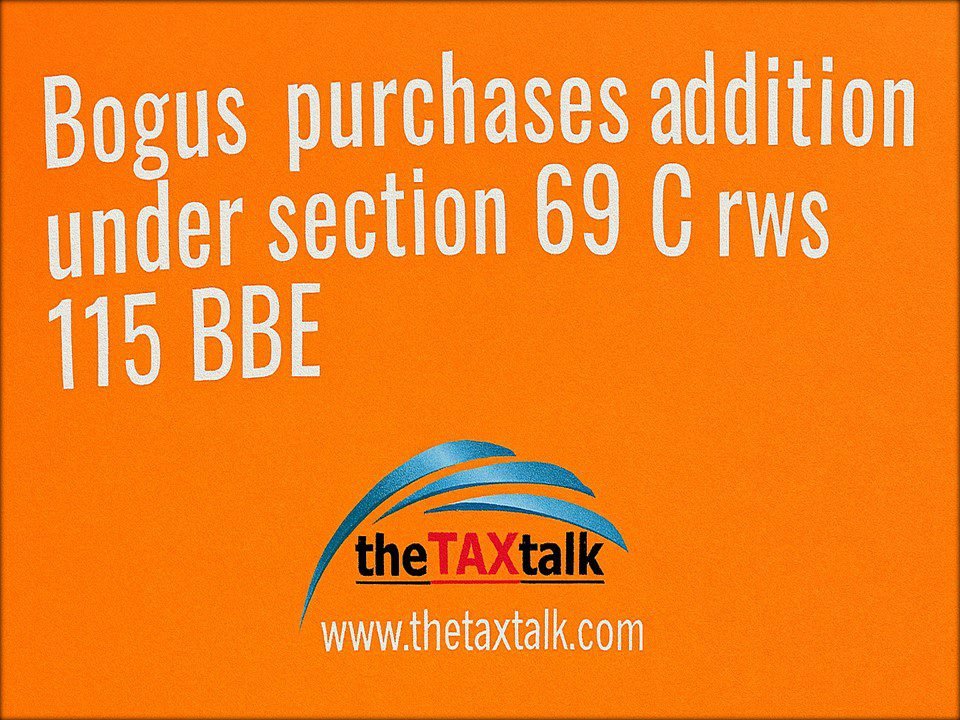![]()
Bogus purchases addition under section 69 C rws 115 BBE
Jain Brothers v. NFAC, New Delhi-ITAT Delhi – ITA No. 5251/Del/2025 | Pronounced on: 22 October 2025
Facts of the Case
• The Assessing Officer (AO) received information from the Investigation Wing that Balaji Trading Company was allegedly issuing bogus purchase bills to several entities. Based on this, proceedings were reopened under Section 147 of the Income Tax Act, 1961, and notice was issued under Section 148 on 09.04.2022.
• In response, the assessee Jain Brothers filed its return of income on 14.05.2022 and furnished details as required under Section 142(1) notices.
• The AO alleged that Balaji Trading Company was marked “inactive” on the GST portal, thus treating it as a non-existent entity. Consequently, the AO disallowed the purchase of ₹6,41,900, adding it under Section 69C (unexplained expenditure) read with Section 115BBE.
• The assessee contended that:
• All purchases were supported by invoices, bank payment records, and stock registers.
• Payments were made through account payee cheques.
• The sales corresponding to these purchases were accepted and not disputed.
• The NFAC/CIT(A) dismissed the appeal, primarily observing non-prosecution and claiming that the assessee’s transportation by “cycle rickshaw” was not credible and that Balaji Trading Company failed to respond, treating it therefore as non-existent.
Issue for Consideration
Whether the addition made under Section 69C for alleged bogus purchases from Balaji Trading Company was justified when:
1. The purchases and subsequent sales were recorded and accepted.
2. Payments were made through banking channels.
3. No conclusive proof existed to establish that the supplier was non-existent.
Findings of the Tribunal
• The assessee furnished invoices, stock records, and transportation details.
• The sales corresponding to disputed purchases were not questioned by either AO or CIT(A).
• This established a direct link between purchases and sales, implying real movement of goods.
• The Tribunal observed that even the Input Tax Credit (ITC) utilized by Balaji Trading Company amounted to ₹5.83 crores, evidencing its operational activity.
• The Revenue failed to produce concrete material proving the entity’s non-existence or that the assessee’s funds had been routed back in any circular manner.
• Hence, the presumption of bogus purchase remained unsubstantiated, and purely relying on the supplier’s “inactive” GST status could not justify the addition.
Ruling
• The ITAT deleted the addition made under Section 69C and allowed the appeal of the assessee.
• The Tribunal held that when sales are accepted as genuine, the corresponding purchases cannot be disallowed unless there is tangible evidence proving manipulation or falsity
The copy of the order is as under:


